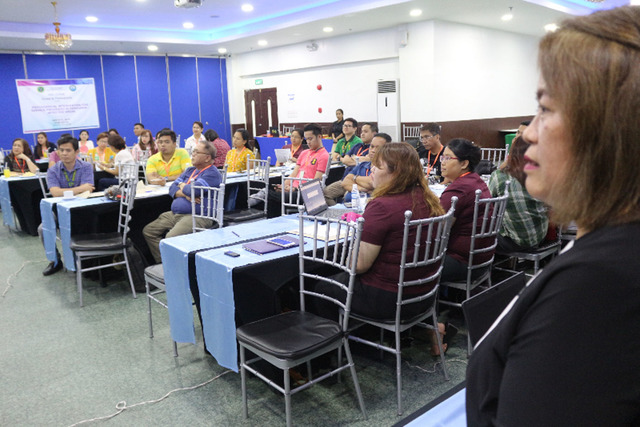400 Health Care Professionals Receive Psychosocial Training To Manage Dengvaxia-affected Regions
400 health care professionals receive psychosocial training to manage Dengvaxia-affected regions. This is in preparation for their community work in Dengvaxia-affected areas.
Mar 24, 2023310 Shares155.2K Views

400 health care professionals receive psychosocial trainingto manage Dengvaxia-affected regions. This is in preparation for their community work in Dengvaxia-affected areas
The training for the first of eight batches of health workers has already concluded. A total of 400 health workers are set to undergo psychosocial training, in preparation for their community work in Dengvaxia-affected areas.
“„Our health workers need to be mentally fit and prepared in order to facilitate effective management and communication among dengvaxia affected families. They must learn to exercise maximum tolerance, control their emotions, and be able to appease the anxieties of distressed parents,- Eduardo C. Janairo
Department of Health in Region 4-A (DOH-4-A) Director Eduardo C. Janairo said.
The Psychosocial Intervention training for the first of eight batches of health workers has already concluded last March 11, 2018. The training for the eight batches will conclude at the end of this month.
“„We must reach out to each and every affected parent and ensure that they will be given the proper information and knowledge and assure them that the government is ready to provide assistance 24/7,- Eduardo C. Janairo
he explained.
Janairo disclosed that the health workers — who will do community work and provide dialogues with parents of Dengvaxia Vaccinated Individuals (DVIs) — includes provincial health team leaders, development management officers, program managers, nurses, medical technologists, local health officers and barangay health workers.
The training aims to develop the psychosocial skills of health workers in handling difficult cases including how to rebuild the thrust and confidence of families of DVIs.
Final Words
It also provides safety measures for health workers so they may not be stressed out in dealing with unsympathetic and challenging clients.
Jump to
Latest Articles
Popular Articles